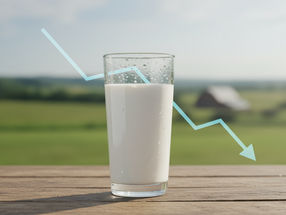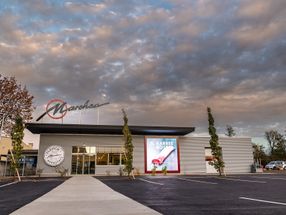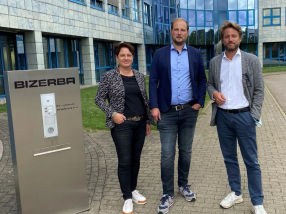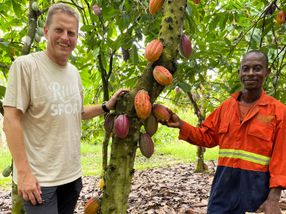BfR strengthens consumer health protection worldwide
BfR training on food safety
Advertisement
Whether honeydew melon, cinnamon stick or beef steak: until a food item is on the supermarket shelf, it was often transported across many national borders. Which health risks must be taken into account? How can these best be assessed and limited in the light of global flows of goods? The annual "BfR Summer Academy", organised by the Federal Institute for Risk Assessment (BfR) for the eighth time, deals with such questions. From 12 to 23 August 2019, 37 scientists from Africa, Asia, Europe and Latin America will discuss risk assessment and communication in the field of food safety. "In times of globalization, it is important to keep an eye on consumer health protection worldwide and to improve it," says BfR President Professor Dr. Dr. Andreas Hensel. "At the Summer Academy, participants from many different countries learn to work together in a network and learn more about risk assessment and risk communication.
The BfR Summer Academy is intended to enable scientists not only to make their own health risk assessments, but also to pass on this knowledge in their own countries. In the first week, the basics of risk assessment and an insight into the German and European legal framework will be provided. Participants learn to communicate the extent and significance of a health risk to consumers. A thematic block is devoted to the question of how the uptake of substances by humans is calculated and evaluated. The second week will include workshops on the evaluation of pesticide residues and undesirable unintentionally added substances in food.
Participants come from 20 countries, including Azerbaijan, Belarus, Brazil, Cabo Verde, China, Georgia, India, Saudi Arabia and Turkey. Most of them work for government agencies that deal with food safety issues. Speakers include experts from the BfR, the Max Rubner Institute (MRI), the Swiss Federal Office for Food Safety and Veterinary Affairs (BVL) and the Dutch Rijksinstituut voor Volksgezondheid en Milieu (RIVM).
The BfR Summer Academy contributes to spreading the European system of health risk assessment worldwide and to harmonising the standards internationally. This is against the background that most countries worldwide import and export food and feed. At the same time, the variety of food products is constantly increasing with the international commodity chains, so that the requirements for the scientific evaluation and communication of possible health risks are also increasing in view of the global flow of goods. The high European standards, regulations and knowledge regarding the quality, safety and hygiene of food are therefore of particular importance when it comes to making globally traded products safer.
The BfR Summer Academy has been taking place since 2012. Since then, more than 200 scientists from more than 50 countries have taken part in the training.
Further information on the BfR Summer Academy can be found in the box at the top right.
Note: This article has been translated using a computer system without human intervention. LUMITOS offers these automatic translations to present a wider range of current news. Since this article has been translated with automatic translation, it is possible that it contains errors in vocabulary, syntax or grammar. The original article in German can be found here.
Other news from the department business & finance
Most read news
More news from our other portals
See the theme worlds for related content
Topic world Food safety
Food safety is at the heart of the food and beverage industry. It ensures that the food we eat every day is not only nutritious, but also free of harmful contaminants. From field to plate, the industry monitors and regulates every step of the process with strict quality controls, advanced testing methods and continuous research.

Topic world Food safety
Food safety is at the heart of the food and beverage industry. It ensures that the food we eat every day is not only nutritious, but also free of harmful contaminants. From field to plate, the industry monitors and regulates every step of the process with strict quality controls, advanced testing methods and continuous research.



































































